


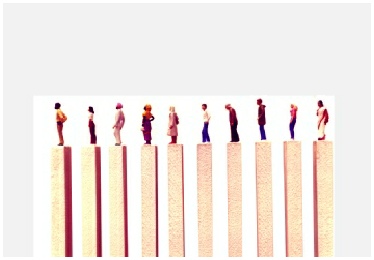


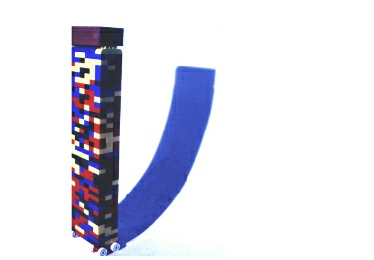


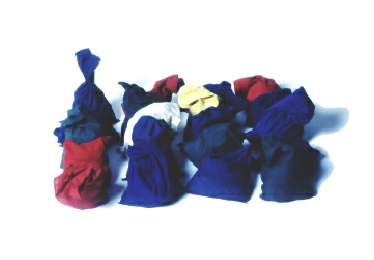


1. Surplus Workers:
Specific groups in society are maintained in a cycle of
poverty, they function to ensure economic stability.
Conflict and Consciousness 1996-98






MDF | Ceramic | Mounting Board
Money Bags | 40000 Coins (1P)
2. To investigate petty crime the artist reflects methods used by specific social groups maintained in a cycle of poverty. The tin of beans has been shoplifted from a supermarket the point is emphasized, as there is no account of the beans on the receipt, the artist selected the smallest tin in the range of Heinz Beans to reinforce the point of pettiness.
3. Working Class Crime/Corporate Crime:
The artist investigates the level of crime in relation to social class within capitalist socio-economic structures.
4. Maintaining Underdevelopment:
The wheeled structure supporting the brick reflects the technologically and economically advanced. The single brick conveys the inability to develop a condition maintained at a level that is beneficial to developed countries.
5. Untitled:
This piece investigates formal sculptural and economic autonomy and has within the piece an escape route for the artist.
6. Untitled: The central and concluding piece conveys the result of maintaining underdevelopment, for many a lingering death by malnutrition. 40.000 (concealed) pennies reflect our blind nature, ironically using currency, which also represents the cause of a contemporary form of commercially generated genocide.

















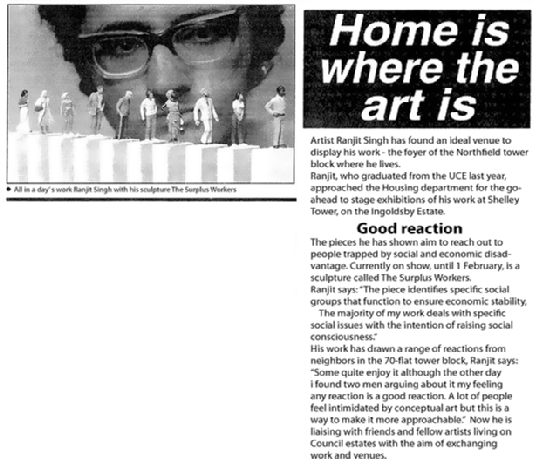

Artist Ranjit Singh has found an ideal venue to display his work - the foyer of the Northfield tower block where he lives. Ranjit, who graduated from the UCE last year, approached the Housing department for the go-ahead to stage exhibitions of his work at Shelley Tower, on the Ingoldsby Estate. The pieces he has shown aim to reach out to people trapped by social and economic disadvantage. Currently on show, until 1 February, is a sculpture called The Surplus Workers. Ranjit says: “the piece identifies specific social groups that function to ensure economic stability, The majority of my work deals with specific social issues with the intention of raising social consciousness.” His work has drawn a range of reactions from neighbors in the 70-flat tower block, Ranjit says: “Some quite enjoy it although the other day I found two men arguing about it - my feeling is that any reaction is a good. A lot of people feel intimidated by conceptual art but this is a way to make it more approachable.” Now he is liaising with friends and fellow artists living on Council estates with the aim of exchanging work and venues.
Metro News Birmingham publication 1999
All in a days work Ranjit Singh with his sculpture The Surplus Workers
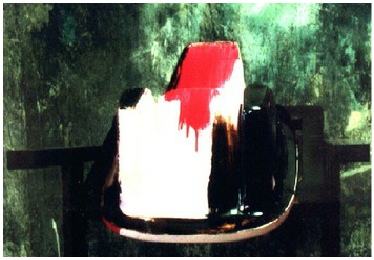

Title Re-distribution of knowledge
Date 2002
By Ranjit Singh

Redistribution of Knowledge
The title Redistribution of Knowledge has a deliberate reference to the term Redistribution of Wealth, the artist arguers that the distribution of wealth without instilling a level of knowledge would be non-functional, as without consciousness of economic processes we only displace a state of underdevelopment, arguing unawareness and the control / manipulation of information is instrumental in maintaining global underdevelopment.
The artist states that “This piece of art represents a process of self-sufficiency a method that allows me to use disregarded material (rubbish) from council estates to create art, art that would finance further education / art engagement”.
Note
The artwork that represented this methodology was disposed of when a charitable organisation took over the artist's studio space on the ground floor of a tower block, (Shelly Tower, Northfield Birmingham) in June 2002.
The artist insists the process of creating art to serve a wide ranging purpose contributed to the development of a functioning methodology and argues that “The art market is unpredictable; creating diverse and socially inclusive art is rarely popular”. With this in mind the artists aims to archive all his artwork and illustrate his concepts, this is an ongoing process and will be available for online engagement.















































































